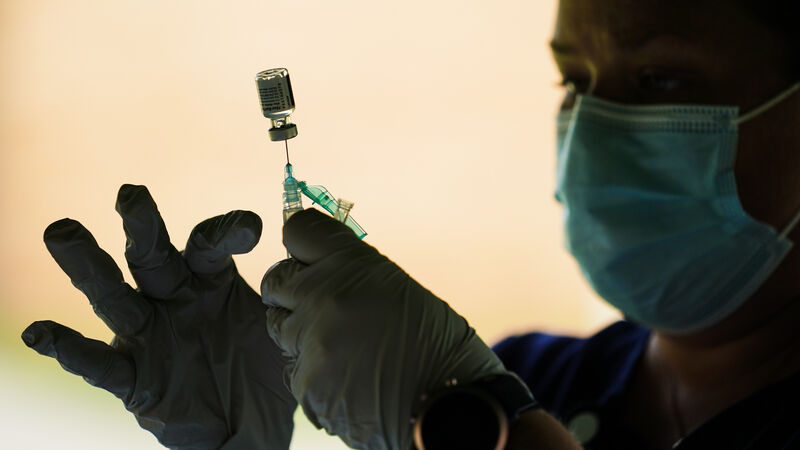Niamh Griffin: The medical and ethical questions of Covid-19 booster vaccinations

In Ireland, boosters are now available for over-60s and healthcare workers. Additionally, more than 52,000 doses have gone to younger immunocompromised people, including transplant and cancer patients. Picture: AP/Matt Rourke
Calls are growing to increase the use of booster vaccines against Covid-19 in Ireland, with medical and ethical considerations to weigh up.
The vaccine climate is very different to January, as thanks to a significant deal between the EU and Pfizer, Irish health authorities could now realistically decide on a wider booster campaign.













